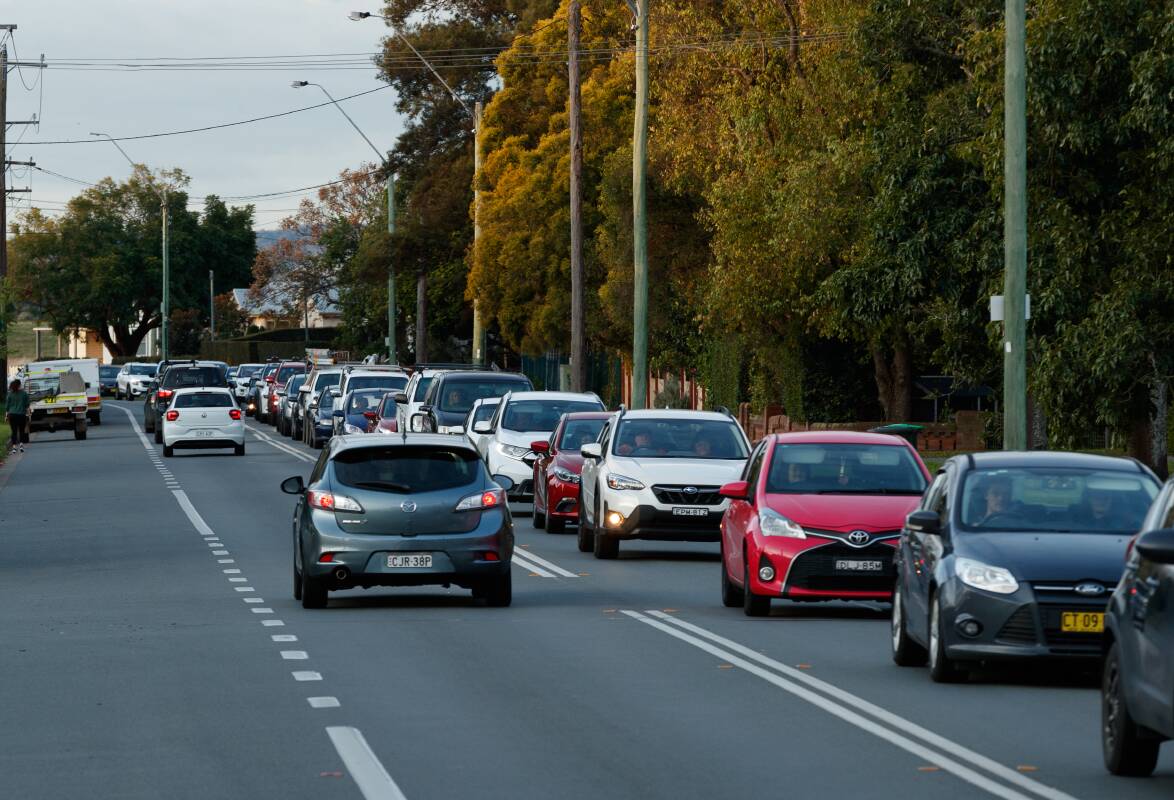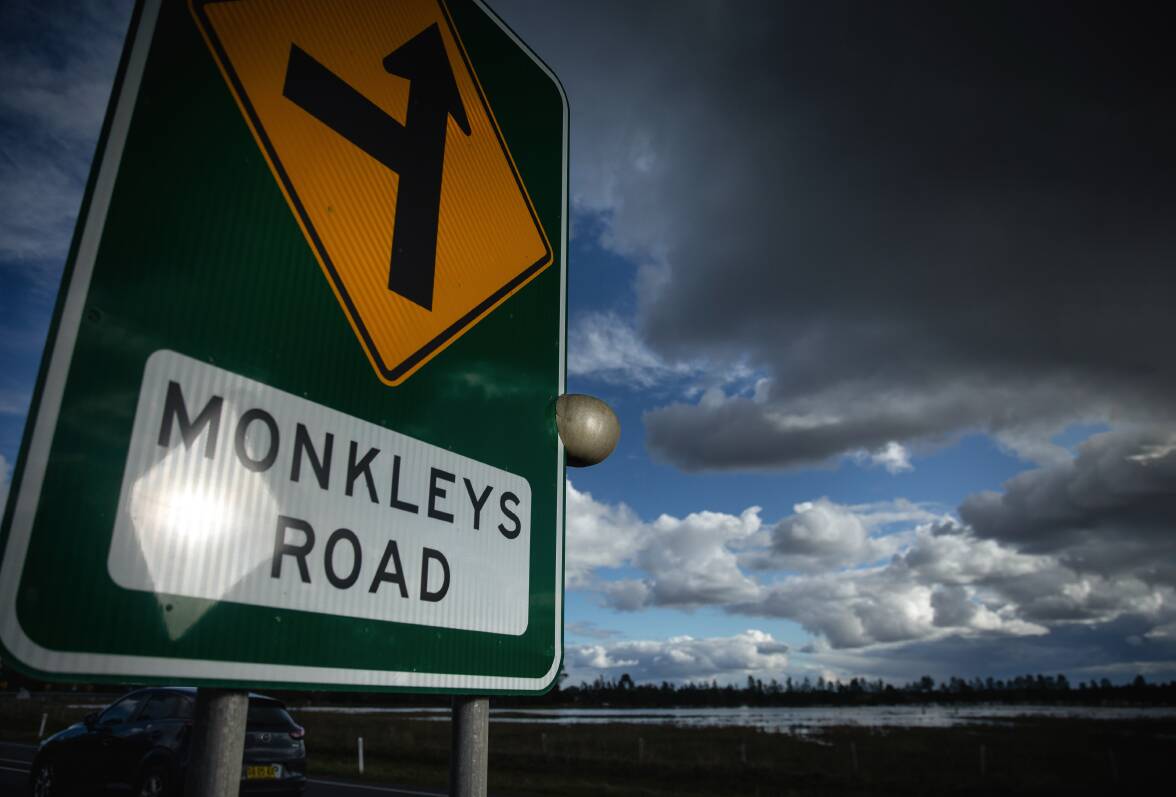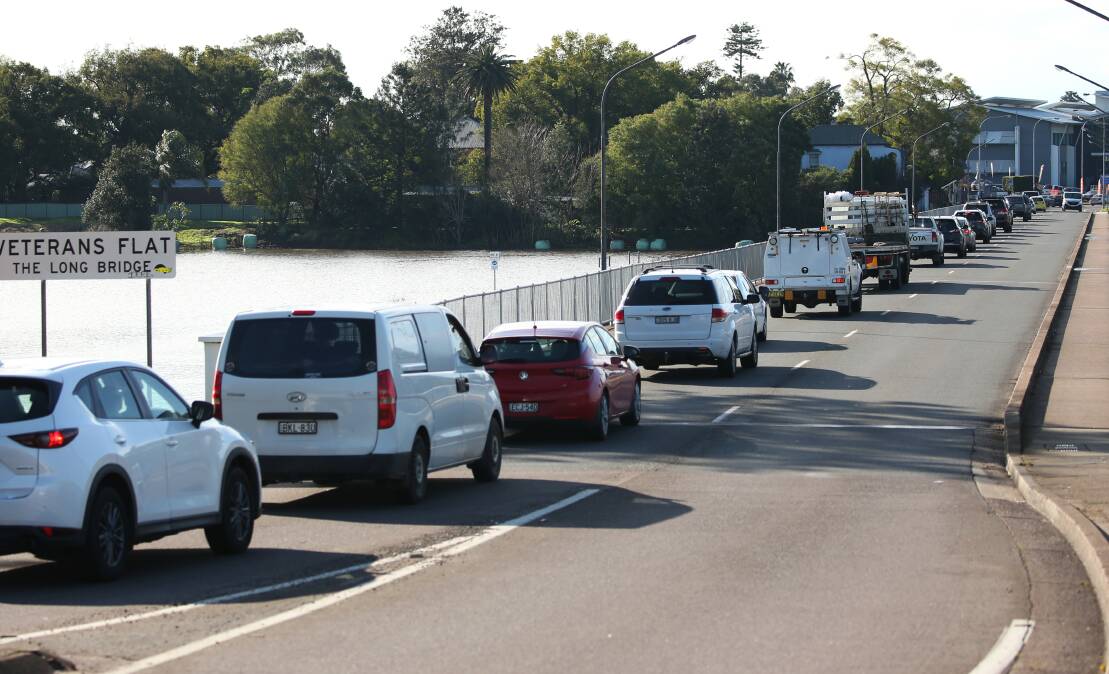


ALL TEN mayors of the Hunter region have called on the state and federal governments to cough-up more disaster support, facing an astronomical clean-up bill in the aftermath of the floods.
In a joint statement, the mayors argued their communities are still recovering from previous floods, coastal erosion, droughts and bushfires and are ill-equipped to get ahead.
"In comparison with past disasters, we have seen an improved and more timely response, but this needs to be put into the context of this being a region that has faced many large-scale natural disasters but has continuously been underfunded," they said.
"More than a quarter of all of the local government areas in NSW were declared disaster zones during the floods over the past two weeks and the immediate and future costs will be astronomical."
The mayors called for financial support to facilitate urgent infrastructure repairs across the region, arguing there's still damage from the last floods.
"Funding sources for councils to respond to natural disasters need to be increased to help our communities recover, prepare, and adapt, while also allowing LGAs to 'build back better' to be more resilient to future disasters," they said.
"This funding needs to include adequate financial support to resource both dedicated local emergency management committees and officers for each council."
It comes as the gridlock in Maitland's CBD has become a major frustration not just for drivers stuck in bumper-to-bumper congestion but for businesses missing out on foot-traffic as locals avoid the jam.
Maitland Business Chamber vice-president Michael Maffey said disaster payments need to be extended to businesses that have been impacted by a lack of customers.
"The same goes for Morpeth, most of them with casual staff aren't putting them on shift at the moment and are working themselves because of a distinct lack of foot-traffic in the Maitland CBD," he said.
"There's a lack of trade as a result of not being able to get around easily, we are creatures of habit and if we can't park out the front of where we want to go - we don't go there."
The state and federal governments announced disaster support payments would be extended to Maitland last week, but Mr Maffey said many local businesses don't qualify because they haven't been impacted by water.
"The parameters need to be widened for those businesses, a lot have not been flood-affected by water ingress but the businesses are impacted because there's no one around to staff them or be customers," he said.
"They're suffering from a lack of cash flow because there's no-one around.
"We firmly believe that the parameters for the disaster payments need to be looked at around those who aren't affected by water ingress but are just as equally impacted."
Mr Massey said a lot of businesses just remained closed for most of the week because of how long it takes to get into town.
"It's quite disheartening to see the number of closed doors from all sorts of businesses, especially retail after having been through enough the last few years," he said.
Businesses in Maitland also struggled with staff while Gillieston Heights was cut off for over a week.
Residents breathed a sigh of relief when Cessnock Road reopened on Thursday.
The state and federal governments have previously announced support measures for residents, businesses, farmers and community groups in disaster-affected areas.
The support measures include access to concessional interest rate loans, $1000 one-off payments and grants of up to $75,000 and transport subsidies for primary producers.







